UT Classics Faculty Building on Expertise
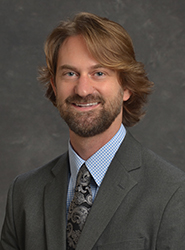
Justin Arft is continuing work on his second book project, tentatively titled Humanizing the Hero: Transgression, Normativity, and Homer’s Audience, and he has recently given talks at the University of Missouri, University of Bristol, and the Classical Association of the Middle West and South (CAMWS) on topics related to this project. He also has a contract with Oxford University Press for his forthcoming chapter on Odyssey book 7 for the Oxford Critical Guide to Homer series.
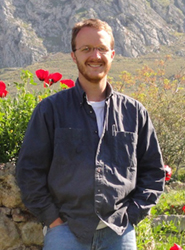
Tristan Barnes celebrated the publication of his co-written article “On the Theme of Katasterismoi—An Attic White-Ground Lekythos with the Figure of Krotos,” which dealt with a very early depiction of the constellation Sagittarius in the form of a satyr. He hopes to put that experience to good use in his new course, CLAS 389: Ancient Astronomy, which will survey conceptions and uses of the night sky throughout the ancient Mediterranean. He also looks forward to a study abroad program on Roman Britain that he is developing with Reema Habib for the May mini-term.
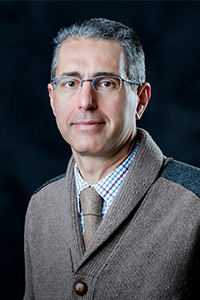
Salvador Bartera published a book review in Gnomon and an article (his first in Italian!) on Tacitus in the Renaissance. He also published, with Jessica Westerhold, an article on Latin pedagogy in Classical Outlook. He was honored to receive a Denbo Center for Humanities and the Arts fellowship for 2024-2025 and the Franklin Research Grant from the American Philosophical Society. Both awards will be used to work on his book project on Stefonio’s Flavia, a Latin play that he is editing and translating. On this topic, he gave a paper at the Warburg Institute in London in May. In November, he attended the Tennessee World Language Teaching Association (TWLTA) meeting, where he delivered the keynote address at the Tennessee Classical Association luncheon.
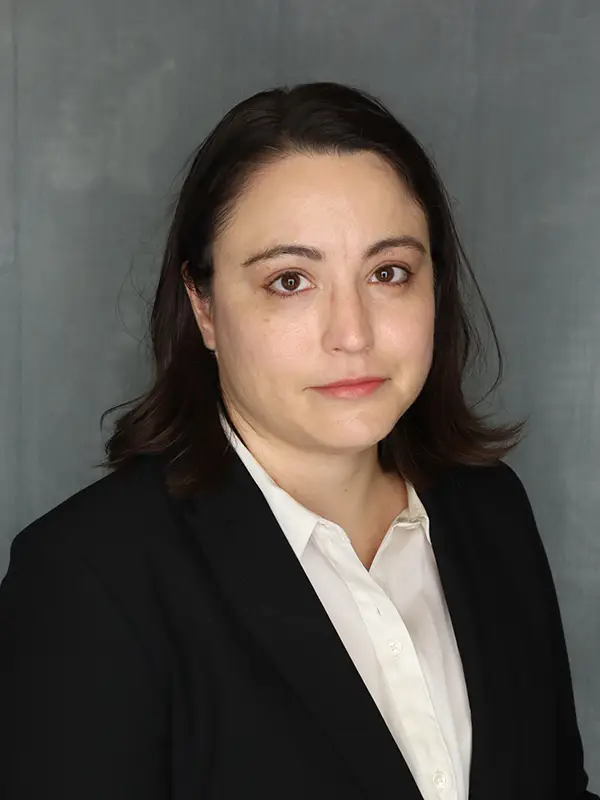
Sam Blankenship greatly enjoyed her first year at the university. In addition to teaching, she continues to think and write about Achaemenid Persian historiography and its influences on biblical texts such as Ezra-Nehemiah and Esther, as well as on the self-presentation of Alexander the Great and the diadochi. In November traveled to the Society of Biblical Literature annual meeting in San Diego to present an invited review of a fascinating forthcoming book on Jewish scribal responses to Achaemenid imperial ideology.
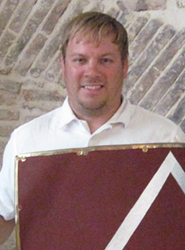
Dylan Bloy is excited to add the upper level Greek archaeology course to his portfolio this year. This summer he oversaw what may well be the final season of excavation at a Roman villa site in Vacone, Italy, where his team excavated the last four rooms of the domestic core of the villa, replete with colorful mosaics. They proved that the villa’s peristyle garden contained a meter-deep pool in its latest phase, and found a sequence of early Imperial alterations to the Republican bath. He and his co-directors are hard at work on a final publication volume summarizing their 11 seasons of field work at the site. In addition to publishing two articles about work at the villa, he also gave a talk about Vacone to the National Junior Classical League convention held in Knoxville last summer.
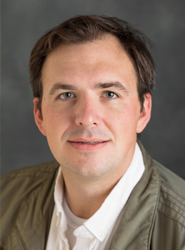
Stephen Collins-Elliott co-authored a chapter detailing the state of the field on the applications of geophysics in archaeology in Morocco and Tunisia. He also published a package for the open-source statistical software platform R titled lakhesis: Consensus Seriation for Binary Data, which provides a graphical interface for archaeologists to seriate contexts and finds assemblages (putting elements into a sequence on the basis of similarity). Last spring he served as acting department head and faculty sponsor of the 12th Annual Tennessee Undergraduate Classics Research Conference.
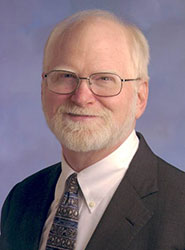
Chris Craig, professor emeritus, has enjoyed another year of relentless reading, decorous exercise, and travel to both coasts, places in between, and across the pond. He is deeply touched by the outreach of students from each of his four decades at UT. He is excited that three former students, magistra Abigail Braddock Simone (’02) of Houston High School, magister Sandy Hughes (’05) of Bearden High school and magistra Mary Walter (’22) of Pigeon Forge High School (recipient of the first Craig teaching scholarship!), will be presenting in November at our annual state language teachers conference (TWLTA), a program organized by Simone as incoming president.
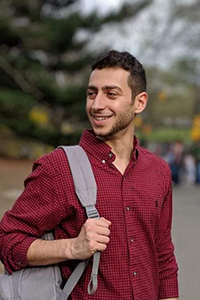
Lorenzo Del Monte continues to write on the economic and political history of archaic Greece. He is now working on a publication that explores the development of the Greek state apparatus through early laws establishing economic value equivalences. He also works on Linear B and Roman law, and is increasingly interested in classical reception, especially in contemporary art, movies, and poetry. Del Monte plans to offer a Roman law course this spring, while also mentoring students in Linear B through individualized studies.
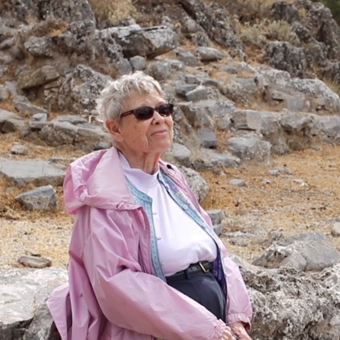
Professor Emerita Geraldine Gesell was happy to see another volume of the Kavousi final publication appear. She continues to spend about six months a year at the Institute for Aegean Prehistory Study Center for East Crete in Greece, researching and writing her own volume of the Kavousi publication.
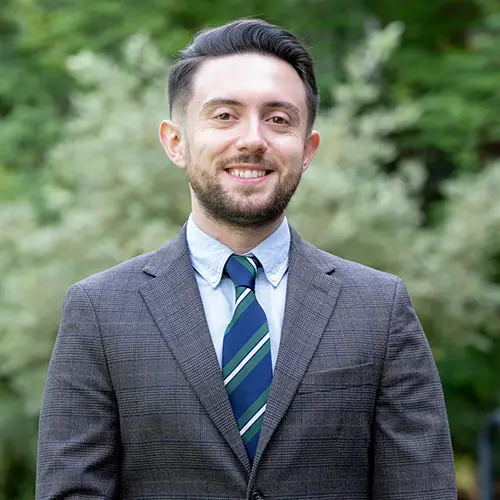
Nikola Golubović is delighted to have joined the UT Department of Classics. He specializes in Latin literature of the first three centuries AD, with a particular focus on rhetorical education. His article on the ancient use and transmission of the “Minor Declamations”—a collection of Roman school exercises—is set to appear in Classical Philology, and he recently wrote about Horace’s Satires for a publication in his native Serbian. He continues to cultivate his interest in historical linguistics by working on Vlach, another language he grew up speaking.
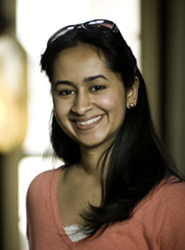
Reema Habib has attained the rank of teaching associate professor and has accepted a role as the department’s Latin program and Latin Placement Exam coordinator. She continues to research ancient magic, while also developing an experiential pedagogy paper for the CAMWS annual meeting in 2025. She is excited to offer a Roman Britain study abroad trip with Tristan Barnes during the May mini-term, and to further develop her outreach efforts within the local school system. Beyond the classroom, Reema is particularly excited to work with the department’s Access and Engagement Committee on its second annual Ancient Games Night this year, and to introduce a new hands-on activity about mummification at the McClung Museum’s annual Can You Dig It event.
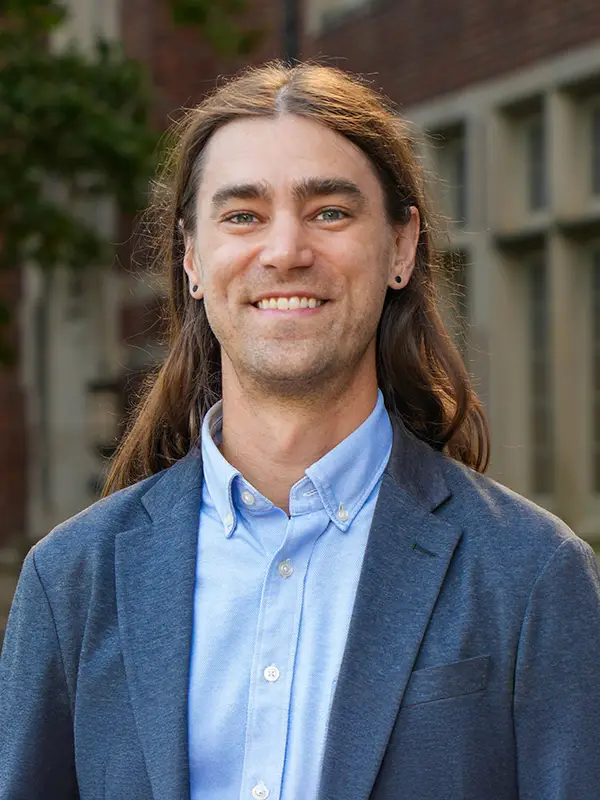
Charles Kuper is beyond thrilled to join the Department of Classics! He works on Latin and Greek literature from late antiquity through the Middle Ages. The Christian cult of the saints is one of his central interests. This has been a busy research year. He published a book chapter on the satirical biography of Theodoulus the Stylite (Svenska Forskningsinstitutet i Istanbul, 2024) and a short article on the Roman monk Evagrius (Brill, 2024). In September, he submitted his book The Menologion of Basil II to Harvard University Press; this includes the first critical edition, commentary, and translation of a luxurious Byzantine calendar of the saints. Most recently, he was a postdoctoral fellow at La Sapienza Università di Roma, where he worked on the manuscript tradition of the Latin grammarian Priscian.
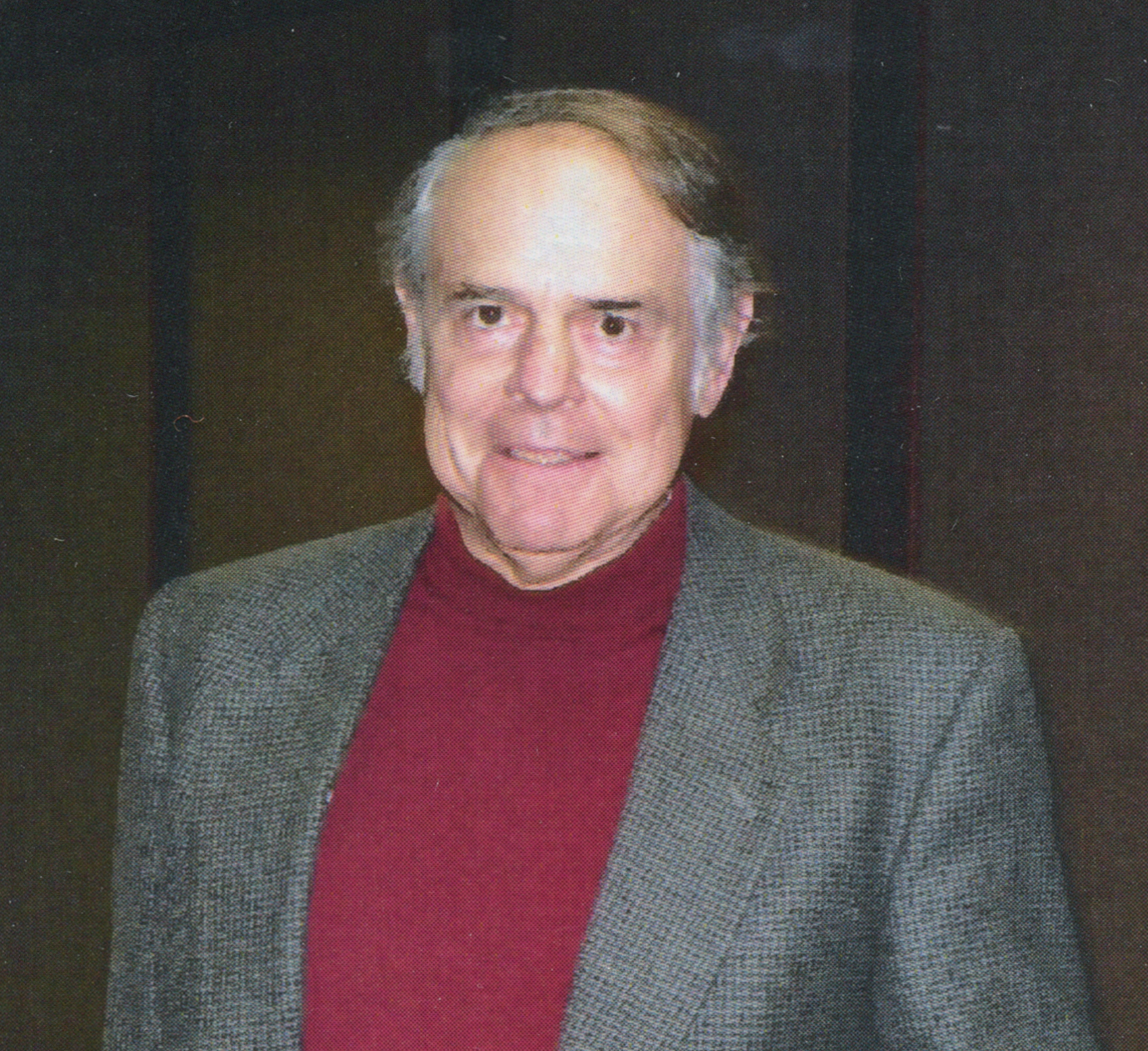
Research professor Merle Langdon co-published an article in the American Journal of Archaeology on an archaic graffito of a building identified as a Hekatompedon, which he found in the Attic countryside. This supports the hypothesis that the Hekatompedon was a temple and not an open space. This article was picked up widely in the Greek press and by the British Independent.

Professor Emeritus Robert Sklenář has fully recovered after treatment for non-Hodgkins lymphoma, and the cancer is in remission. He thanks his colleagues for their support and assistance, especially Aleydis Van de Moortel, Tina Shepardson, and Chris Craig. He is returning to scholarship with a conference paper titled “Horace, Odes 4.7 and Rainer Maria Rilke’s ‘Herbsttag’: Two Perspectives on the Place of Humanity in the Cosmic Cycle,” delivered at the 104th Anniversary Meeting of CAMWS—The Southern Section in San Antonio, Texas; he will present an expanded version in October 2025 at the National University of La Plata, Argentina.
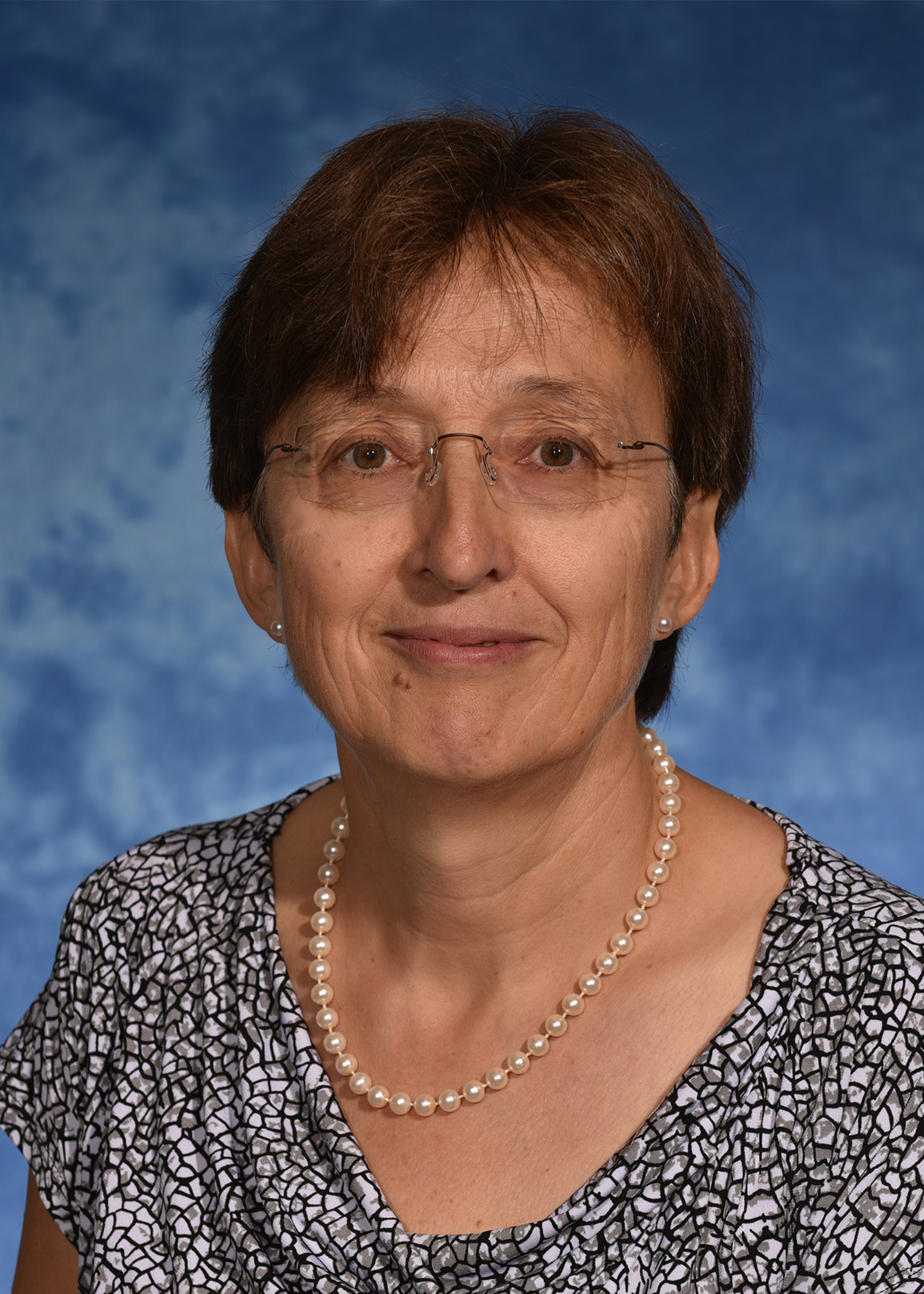
Aleydis Van de Moortel continues to be thrilled to lead such a wonderful group of students, faculty, staff, and advisory board members. In the spring she enjoyed a research leave to work on the final publication of the Mitrou Archaeological Project. She published an article on a potter’s kiln at Mitrou, and she co-published an article on the relative and absolute chronology of Mitrou, which support a long duration of the Late Helladic I phase and the recent scientific redating of the Theran eruption to the 16th century BCE. She participated in national and international conferences, and gave invited lectures at the University of Münster (online) and the University of Catania.
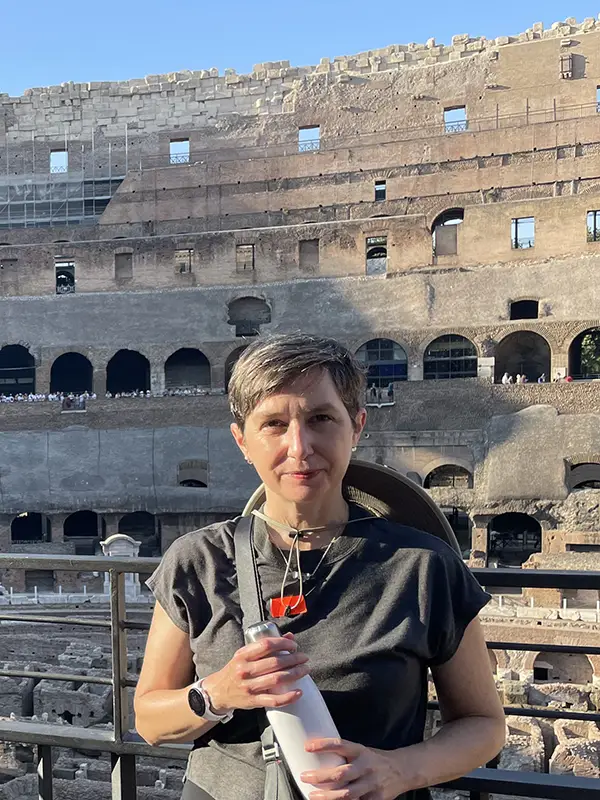
Jessica Westerhold started 2024 by presenting a paper with Salvador Bartera, at the annual meeting of the Society for Classical Studies (now published in Classical Outlook). She was thrilled to teach Augustan poetry last spring. Her students shared their translations at UT’s first Translation Symposium. Westerhold spent the summer diligently researching for her next monograph, Representations of Happiness in Latin Elegy. During the National Junior Classical League convention, Westerhold was honored to address the opening assembly and to give a talk on one of her favorite poets, Sulpicia. This spring, Jessica is looking forward to Latin Day XLII.